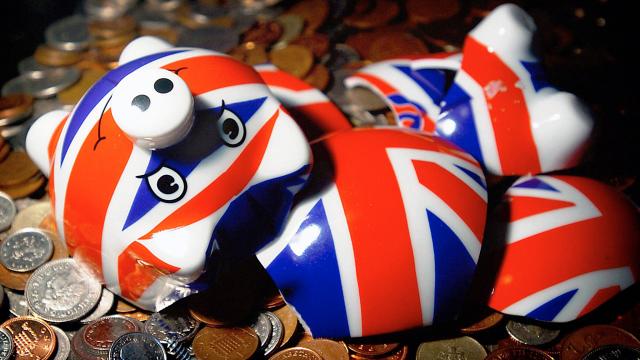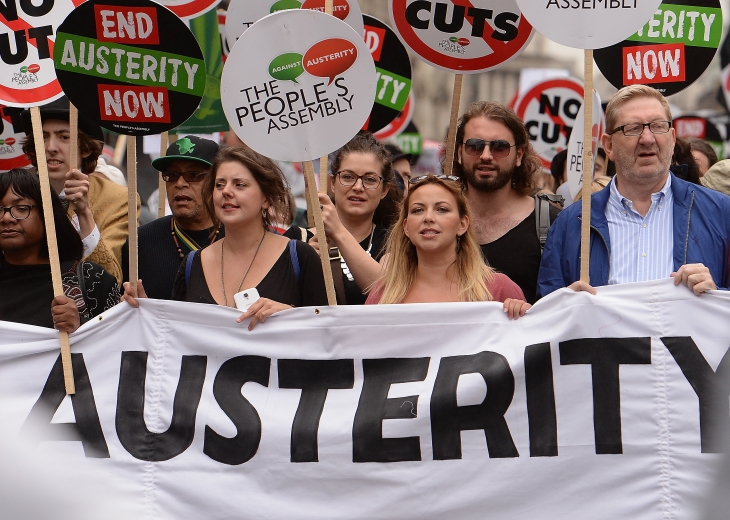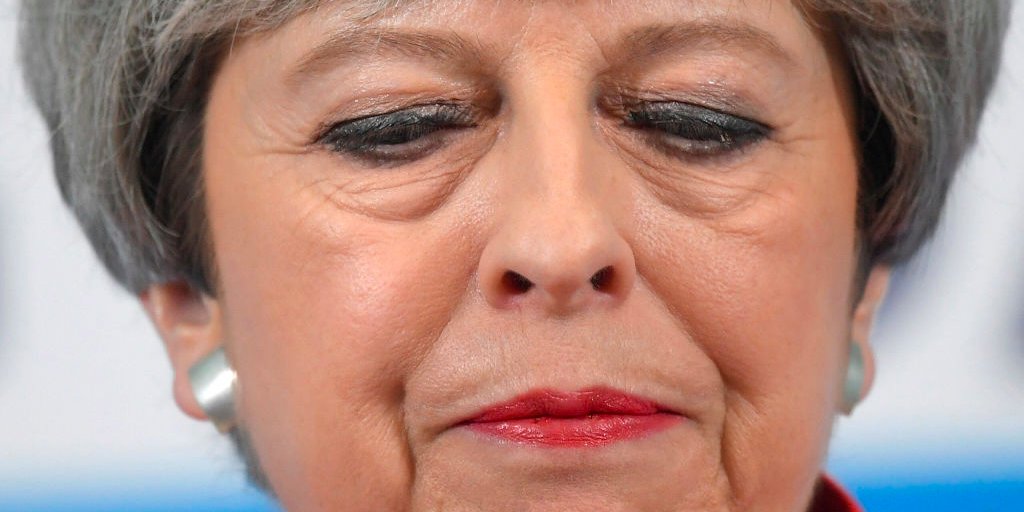
Britain faces multiple severe and deepening crises. The frequency of high-level government scandals deserves its own dedicated 24-hour news channel. It is a commonly held belief that the government is collapsing. But it somehow limps on.
Here's a brief compilation of the crises, divided into four main themes: social, economic, corruption, and democratic and ecological crises. Taken together, they seem to dispel anything that remains great about Great Britain.
1. Great Social Crisis
A recent survey found that 120,000 people have died unnecessarily due to austerity cuts in the National Health Service.
The UN has criticized Britain for violating disabled people's rights. Currently, 4 million children here live in poverty. There is an acute housing crisis and fuel poverty crisis. The NHS faces a funding crisis – judged the worst in its history – as do British schools.
2. Great Economic Crisis
Recently, Chancellor Philip Hammond claimed there were “no unemployed people in Britain" – an incredible mistake for the person supposedly responsible for Britain's economy. In reality, there are 1.4 million unemployed people, or 4.4 percent of the population. The government points to these figures to say that unemployment remains low, but the figures mask an obvious problem: how is poverty so high and unemployment so low? Even post-graduate employees such as nurses now rely on foodbanks. Real wages in Britain have fallen by almost 5 percent since 2008.
Of the 28 early industrialized nations, known as the OECD group, Britain is only better off than Greece. Many have called this the worst decade for British workers in more than 200 years. Part of this is attributable to the massive rise in the "gig economy," where an estimated 5 million people now work in precarious conditions, often with zero hours contracts. Additionally, the government has pushed draconian rules on benefits, impacting workers and the unemployed while removing vital state support.
Even within the government's thinking, there is a crisis. Since 2010, austerity measures have been justified to cut public spending, all to lower the national debt. British public debt will soon reach £2,000,000,000,000. ($2.7 trillion), twice the level of April 2010. So austerity is failing on its own premise. But crucially, the premise was wrong: U.K. public debt is not a significant measure on which to judge the economy, not least since much of the money was borrowed from the U.K.-run Bank of England, while another half is owed internally to the U.K. and borrowed at low interest rates. But it has remained a persuasive, if false, narrative to justify austerity.
Other economic indicators have sounded alarm bells for the U.K. economy – like the fact that private U.K. debt is now higherthan it was before the credit crunch and financial crisis. It's important to remember that the previous financial crash was triggered by a private debt bubble bursting. Back then it was sub-prime mortgages. This time it could be unsecured credit.
Austerity means reducing public spending. But cuts to public pay coupled with attacks on unions and collective bargaining mean there is less money in people's pockets, and in circulation. This reduces demand in the economy, prolonging the period of stagnation. But what has happened is far worse than misguided mismanagement.
3. Great Corruption Crisis
Since seizing power in 2010, the Conservative government has cut the corporation tax, which now ranks lowest among early industrialized nations. London is the hub for half the world's tax evasion and tax avoidance. These are two reason that the super rich in Britain are getting richer.
The leak of the Paradise Papers show how tax dodging cuts to the heart of the U.K. Conservative Party and British establishment. Prime Minister Theresa May's own husband, Philip, works for Capital Group, a company implicated in the latest scandal.
The British government also suffers acutely from corporate conflicts of interest and the revolving door. As one example, it's a commonly held view in Britain that the government is running the NHS into the ground in order to sell it off to its friends. In 2014, the Mirror revealed that 70 members of the coalition government had financial interests in private healthcare. Many still serve today, including Health Secretary Jeremy Hunt.
The abject failure of austerity and the cozy corporate relations have led to accusations of “economic murder" in response to the 120,000 unnecessary deaths due to cuts to the NHS.
4. Great Democratic and Ecological Crises
It is arguable that the Conservatives only called the early election this year as a smokescreen against calls of election fraud. Investigative journalism by OpenDemocracy reveals similar claims about Brexit money, including accusations that Conservative MPs funnelled public money into lobbying for a Hard Brexit.
Other abuses of power that would normally see ministers sacked from government include Foreign Secretary Boris Johnson's extension of a British mother's jail sentence in Iran, and a sex scandal that implements many ministers in sexual abuse and harassment. In another recent scandal, a minister was found to have met with Israel's prime minister without the U.K. government's knowledge, dubbed “freelance foreign policy”.
So How Does the Government Survive?
One reason is Theresa May, whose weakness is also her strength. May's minority government only has a Commons majority of two. She could lose a vote of confidence easily to call new elections. This creates a situation where she cannot sack ministers like Johnson or they will drag her government down in retaliation.
But a second, more subtle reason is at play. The establishment media could be running 24-hour coverage of the Conservative meltdown. But it is holding back. For instance, the BBC refused to cover the story about 120,000 unnecessary deaths due to NHS cuts. The Paradise Papers swiftly got spun out of the news cycle. Deputy PM Damian Green, who initially called the accusation of his having violent pornography on his computer a false and malicious attack, later admitted that was untrue. However, journalists did not treat his lying as a serious story.
Looking at the crises that are deepening across Britain, it is essential to ask why the corporate media refuses to highlight these problems. The answer, of course, is that they are the corporate-owned media. It is not in their interests for this government to fall. If it does, the shakeout won't leave the media, or anyone else, untouched.
3 WAYS TO SHOW YOUR SUPPORT
- Log in to post comments













